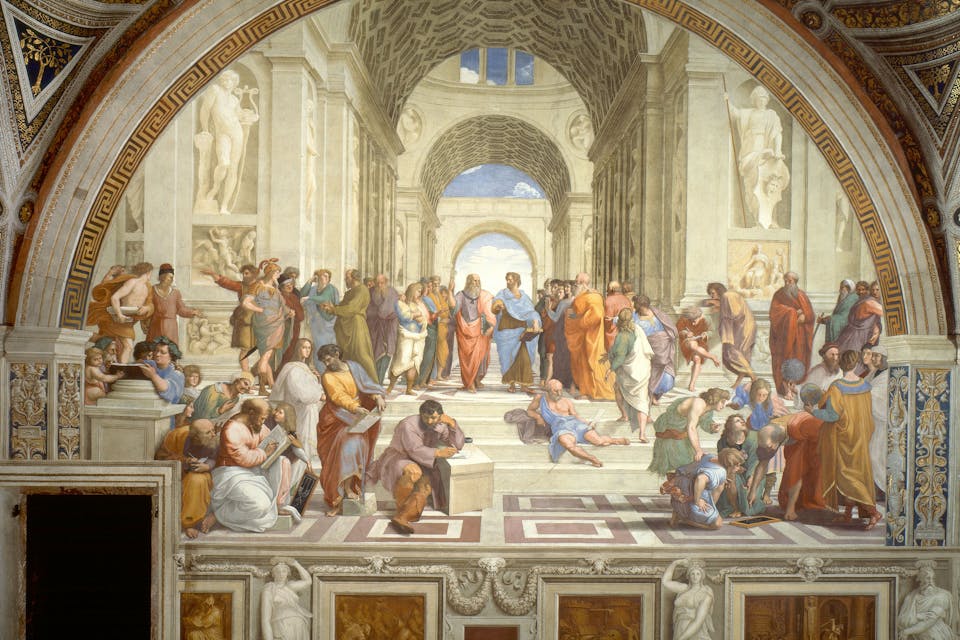
August 11, 2025
The Quest for Wisdom, Truth, and Virtue at the University of Dallas
A university is more than a set of departments, and an education is more than a set of facts. Wisdom is inextricable from the knowledge and exercise of moral virtues, and a true education must help shape both.
The University of Dallas is a Catholic liberal-arts university widely recognized for its demanding liberal-arts curriculum, its mission to revivify the best traditions of the West, its profound influence on the classical-education movement in the U.S., its high rates of sending graduates into top medical, law, and PhD programs, its integrated humanities approach to PhD programs in literature, philosophy, and politics, its human-dignity-centered approach to technical programs in the graduate college of business, and its fidelity to the spirit and letter of those norms by which Catholic universities are recognizably Catholic. To the mind of a typical progressive, that last distinctive should make us unwelcoming to those who do not share our faith. Such a conclusion is false, and dangerously so.
Since our founding, students of various faiths have flourished here. A welcoming spirit is a hallmark of genuine and confident Catholic faith. One relevant example is the relationship we maintain with Tikvah, through which Jewish students have been completing a Master of Arts in Humanities with a Jewish Classical Education Concentration as they prepare to teach in the growing number of Jewish classical K-12 schools. Such a relationship is not surprising since we at the University of Dallas see our Jewish friends as our elder brothers in the faith.
In current reflections on what is wrong with higher education, indoctrination and stifled discourse are rightly identified as serious problems. Free inquiry and speech are posed as antidotes. In fact, a new university named after another Texas city has vaunted these as principal goods. I cheer these efforts, but fear they may be fleeting. Free inquiry and speech are genuine goods, but intermediate ones which are means to still higher goods. We must be free in our pursuit of wisdom, but real wisdom has roots. Universities are not merely the sites for the free exchange of ideas, they are also the transmitters of tradition that secure and advance knowledge and shape character.
Responses to August ’s Essay

August 2025
The Future of Higher Education and the Jews: A Symposium
By The Editors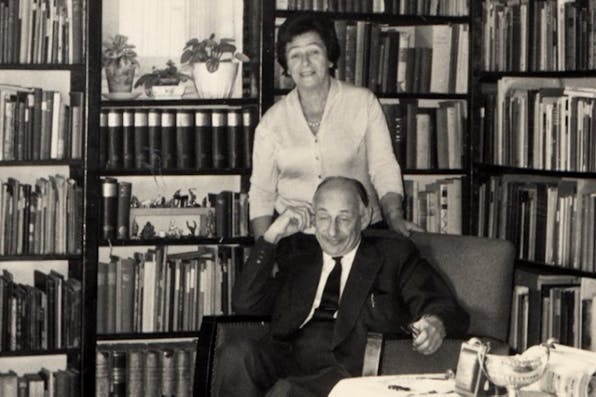
August 2025
How Jewish Studies Became a Tool of Adversarial Culture
By Ruth R. Wisse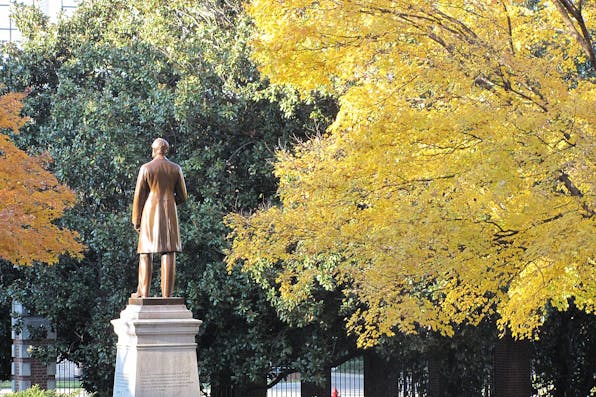
August 2025
The Future of Universities Must Be Built on Firm Values
By Daniel Diermeier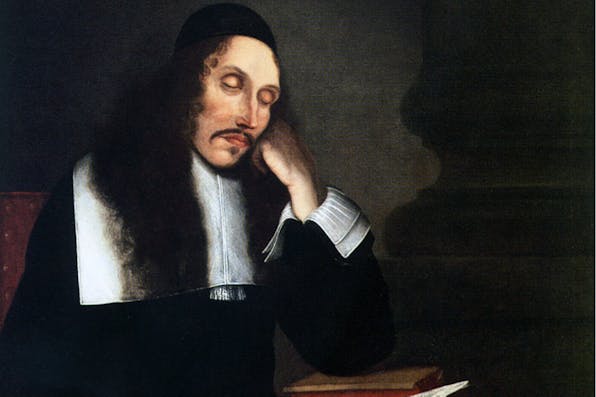
August 2025
Western Civilization and the Jews: A Shared History
By Steven H. Frankel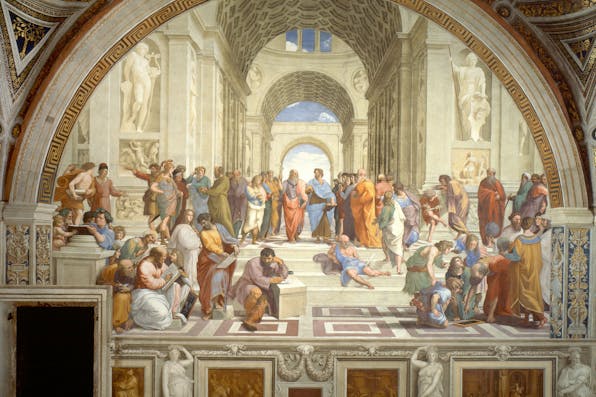
August 2025
The Quest for Wisdom, Truth, and Virtue at the University of Dallas
By Jonathan J. Sanford
August 2025
Universities Need Teachers Who Want to Teach, and Students Willing to Learn
By Bella Brannon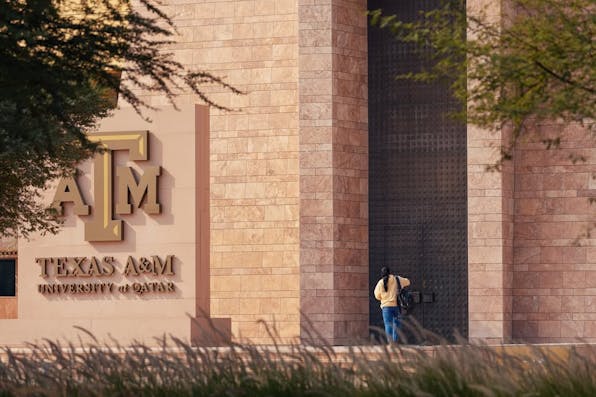
August 2025
Saving American Universities Requires Cracking Down on Foreign Funding
By Danielle Pletka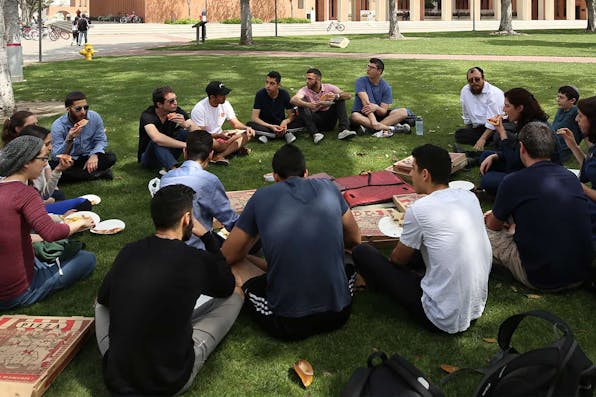
August 2025
Jews Shouldn’t Give Up on Universities, and Neither Should America
By Eitan Webb
August 2025
The Moral Collapse on Campus Is a Result of the Hollowing Out of the Humanities
By Alexander S. Duff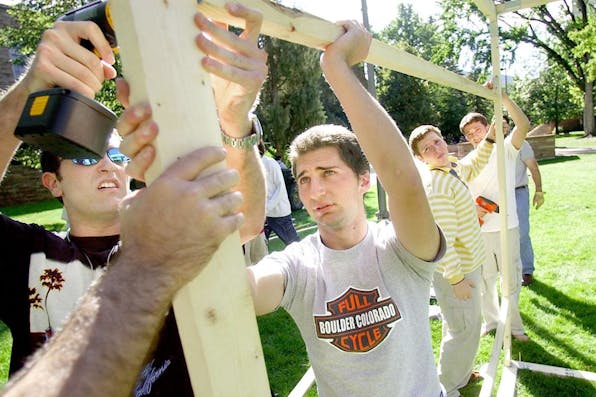
August 2025
Return American Universities to Their Religion-Friendly Roots
By Liel Leibovitz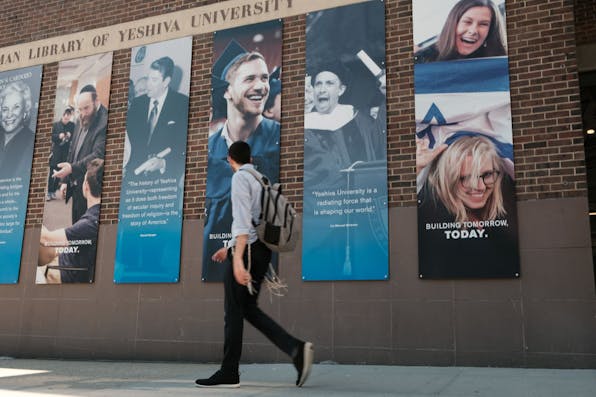
August 2025
To Make the Academic Desert Bloom, Look to Religion
By Ari Berman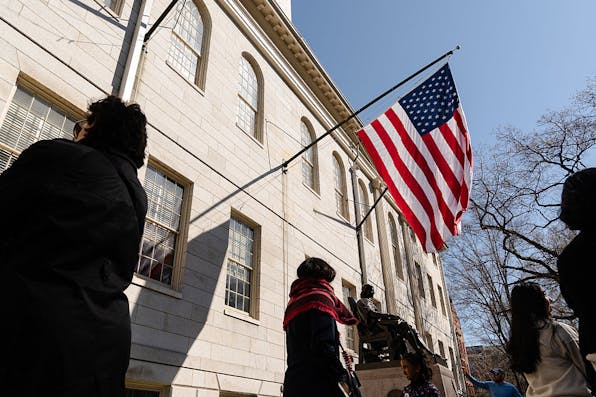
August 2025
The Universities and the American Crisis
By Ben Sasse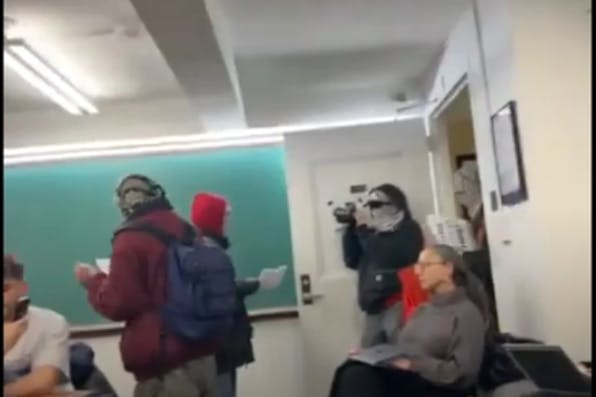
August 2025
The Campus Intifada Is a Golden Opportunity for Those Who Study Israel Seriously
By Avi Shilon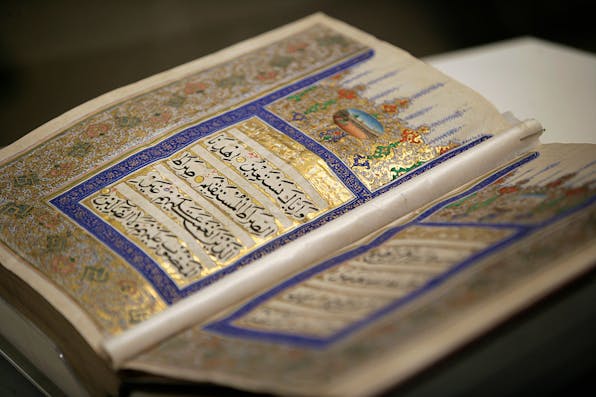
August 2025
With No Easy Fixes for Middle East Studies, It’s Time for New Programs
By Robert Satloff
August 2025
The Perverse Microeconomics of the American University
By Michael Hochberg